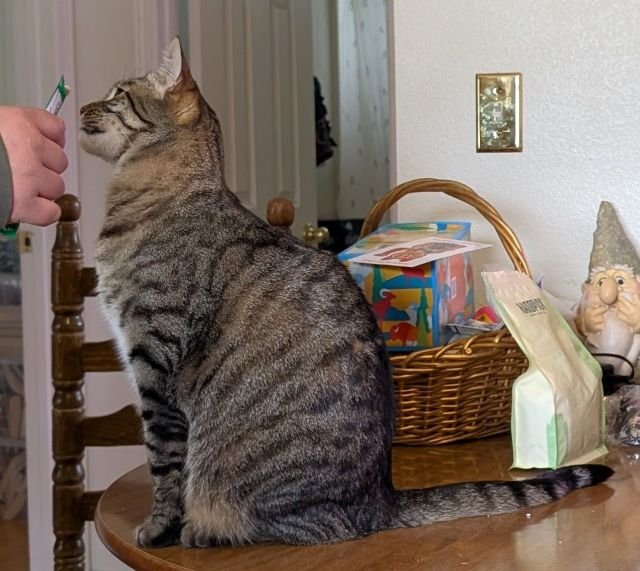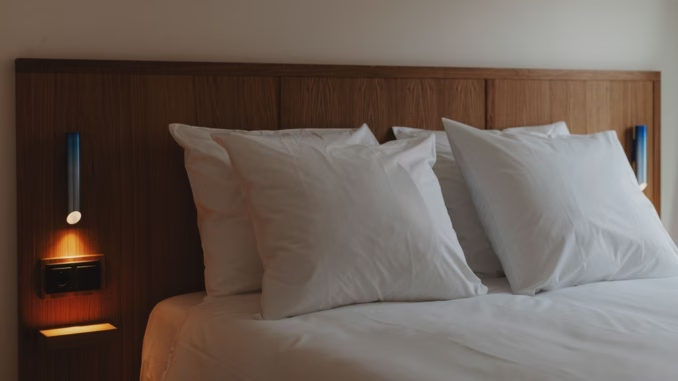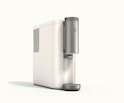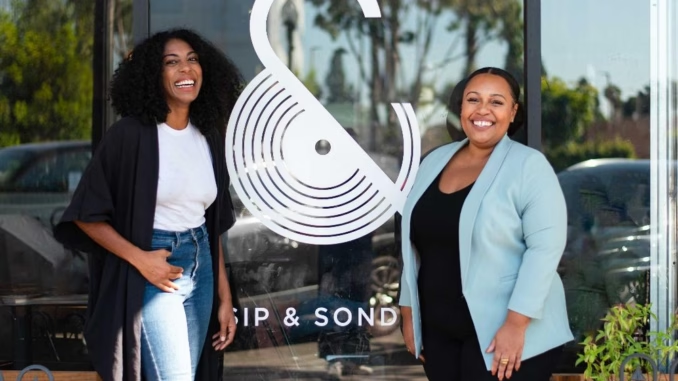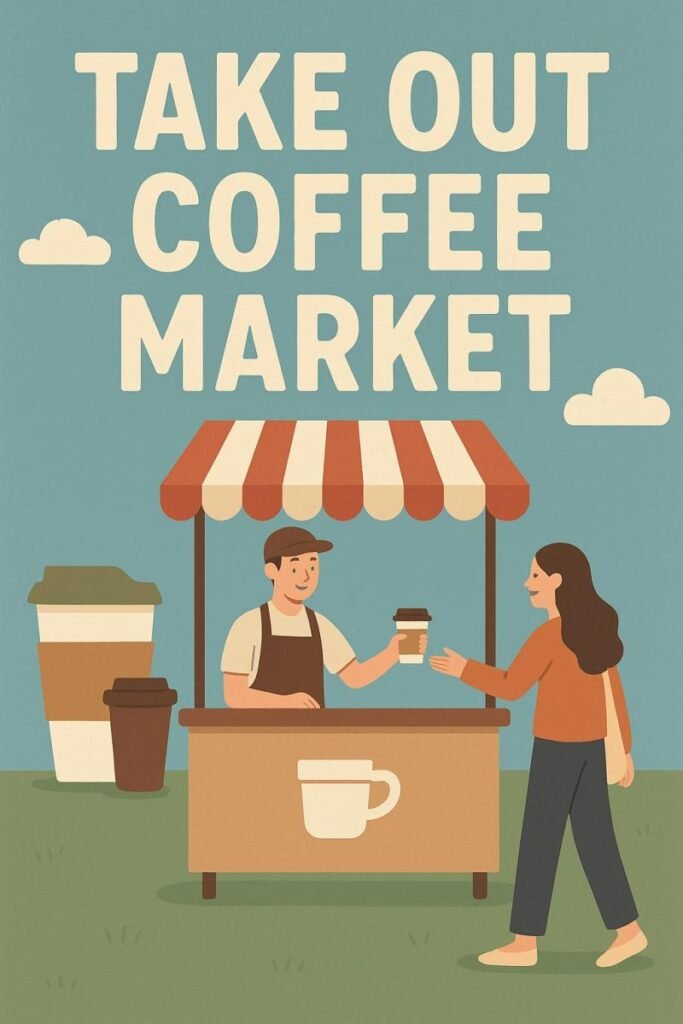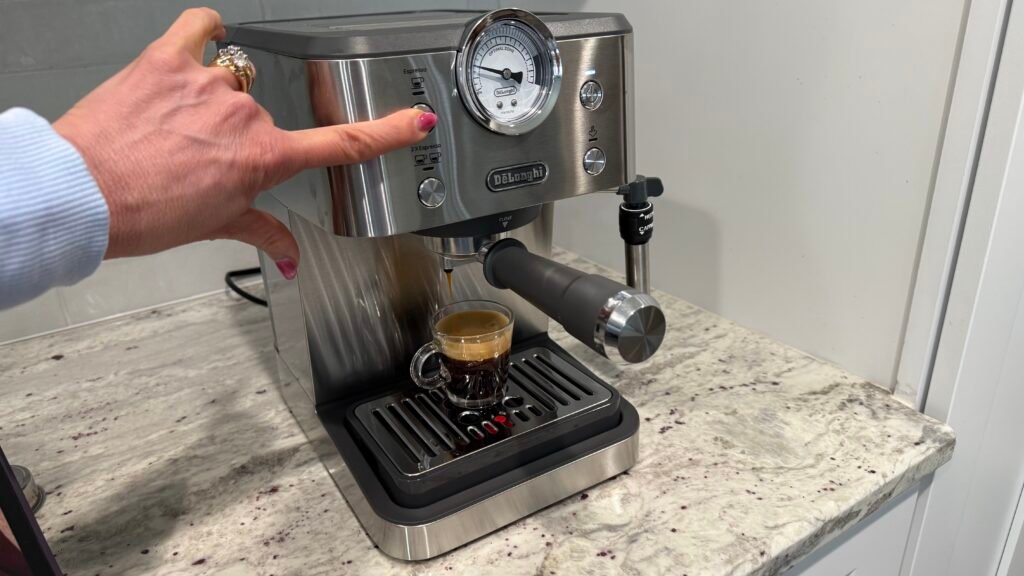A farmer in the Dukundekawa Cooperative in Ruli, Rwanda, in the Gakenke District. Courtesy of Three Keys Coffee.
Although the term “fair trade” has been in use for over 75 years, it is not linked to one specific group or organization. Conceptually, fair trade is a global movement that includes producers, consumers, various nongovernmental and nonprofit organizations, and for-profit businesses; it is a system designed to build a more equitable trading model for a range of products, including coffee. In 1973, the first fair-trade-identified coffee was purchased from smallholder farms in Guatemala by a Dutch organization called Fair Trade Original. By 1988, a new fair trade label, Max Havelaar, was established in the Netherlands. The name came from the protagonist in the 1860 novel Max Havelaar, who opposed the exploitation of coffee workers in Dutch colonies. The character fought against the corrupt Indonesian government on the island of Java, which was a Dutch colony at the time.
In 1997, Fairtrade International (originally the Fairtrade Labeling Organization) was established to unite the fragmented fair trade movement behind a common set of standards. A separate organization called FLOCERT, established in 2003 in Germany, uses Fairtrade International’s standards to certify the production process and audit the sales of products. In 1998, Fair Trade USA (known at the time as TransFair USA) was founded and worked in collaboration with Fairtrade International for 13 years as one of 19 national member organizations. In 2012, Fair Trade USA decided to separate from Fairtrade International, which allowed the organization to make its own rules.
The fair trade system is designed to help farmers gain access to a “fair” or economically sustainable price for their products. Coffee Review last reported on fair trade-certified coffees in November 2015. In the eight years since, we have continued to see an evolution of the coffee industry, bringing higher-quality specialty coffee to a broader range of coffee drinkers. Fair trade-certified coffee is intrinsically bound to this expansion. As this report demonstrates, we see a mirroring of everything that is happening in the wider coffee market within the fair trade segment.
This month, we considered nearly 40 coffees that passed through a fair trade certification process in one of many possible pathways and selected 11 coffees for review. Some of these are the highest-scoring among those we cupped, while others are supermarket brands that scored lower but are familiar to many.
Ethiopia: A Fair Trade Powerhouse
The assortment of fair trade-certified coffees we evaluated this month, like the specialty coffee market as a whole, expressed a range of origins, flavor attributes and roast levels. The good news is that if you look for them, you can find outstanding fair trade-certified coffees, such as the complex and well-balanced 92-point Ethiopia Sidama Boa Bedegelo from Orange, Massachusetts-based roaster Dean’s Beans. The package bears the seal of the Fair Trade Federation, which is a trade association of fair trade enterprises committed to equitable and sustainable trading partnerships. Dean’s Beans’ roastmaster and green coffee buyer, Brendan Walsh, says, “We’ve been committed to fair trade since Dean founded the company in 1993. As we see it, fair trade certification is a much-needed aid to millions of small-scale farmers around the world.”
Perhaps not surprisingly, four of the fair trade coffees reviewed for this month’s report are from Ethiopia, an origin known for its massive fair trade-certified cooperatives, a diverse range of indigenous heirloom coffee varieties, and expressive, often floral-toned flavor profiles. Another 92-point Ethiopia coffee, Gerbicho Lela, with sweet citrus and a tea rose-like floral quality, was submitted by Noble Coffee Roasting in Ashland, Oregon.
The Complexity of Certification
Here’s where the fair trade story becomes more complicated. Although this Gerbicho Lela was produced by members of the fair trade-certified producers’ cooperative of the same name, Noble does not maintain fair trade certification and therefore cannot display a fair trade seal on its bags. There are a number of reasons a roaster might choose not to hold fair trade certification, including administrative hurdles and costs. Still, Noble Coffee founder and CEO Jared Rennie says his company “supports the work that the fair trade movement has done at origin and the many real improvements in the quality of life of millions of people since the movement began decades ago.” He adds, “We buy a lot of coffee from fair trade-certified cooperatives all over the world, and we are big proponents of the principles that guide these cooperatives.”
There were a handful of other roasters who sent in coffee for this month’s report who, like Noble, purchased fair trade-certified coffee and supported the principles of the movement without themselves becoming a certified link in the supply chain. Albuquerque, New Mexico-based Red Rock Roasters, on the other hand, has been certified by Fair Trade USA since the early 2000s. Red Rock’s 90-point natural-processed Organic/Fair Trade Ethiopia Sidamo showed flavors of strawberry, honey-roasted nuts and dessert wine. This coffee was produced by the Oromia Coffee Farmers Cooperative Union, and with both roaster and cooperative certification, the entire supply chain is transparently fair trade.
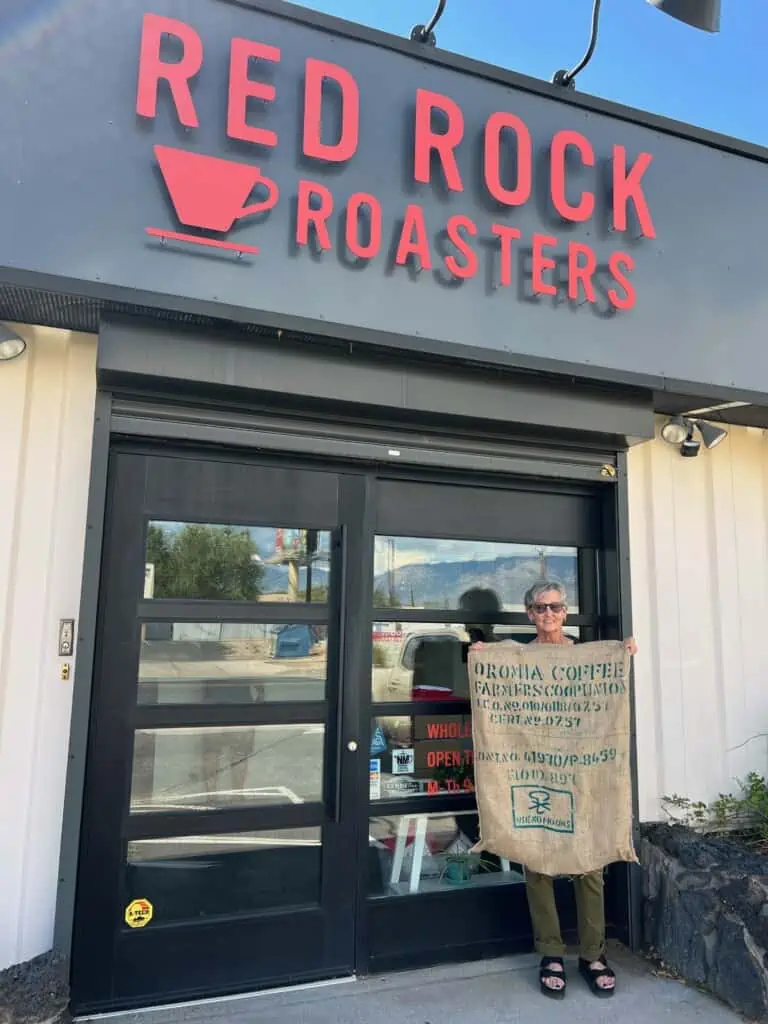
Albuquerque, New Mexico’s Red Rock Roasters is a fair trade-certified roaster. Courtesy of Red Rock Roasters.
Diversity of Fair Trade Origins
In addition to Ethiopia, we received entries from a variety of coffee-producing countries, including a solid 91-point submission from Rwanda roasted by Three Keys Coffee in Houston, Texas. This lively, fruit- and spice-toned Rwanda Reverb was produced by Rambagirakawa, an all-women subgroup of the Dukundekawa Cooperative. Although at the time of review, Three Keys did not hold fair trade certification, CEO Kenzel Fallen says that after years of sourcing fair trade coffee, the company just signed final certification documentation with Fairtrade America. Previously, she says, Three Keys was “of the mindset that because we knew the prices paid were well beyond fair trade minimums, we didn’t need to pay for a seal to prove that. However, many customers ask and look for a label for verification, so we decided this year to pursue formal certification because we want to take a more public stance to affirm our commitment and reassure our customers.” This notion of trusting the roaster seems to be a common sentiment where specialty roasters are concerned. Consumers can read about the coffee and make assessments based on price, but the addition of a fair trade seal supports a roaster’s message via an objective third-party verification system.
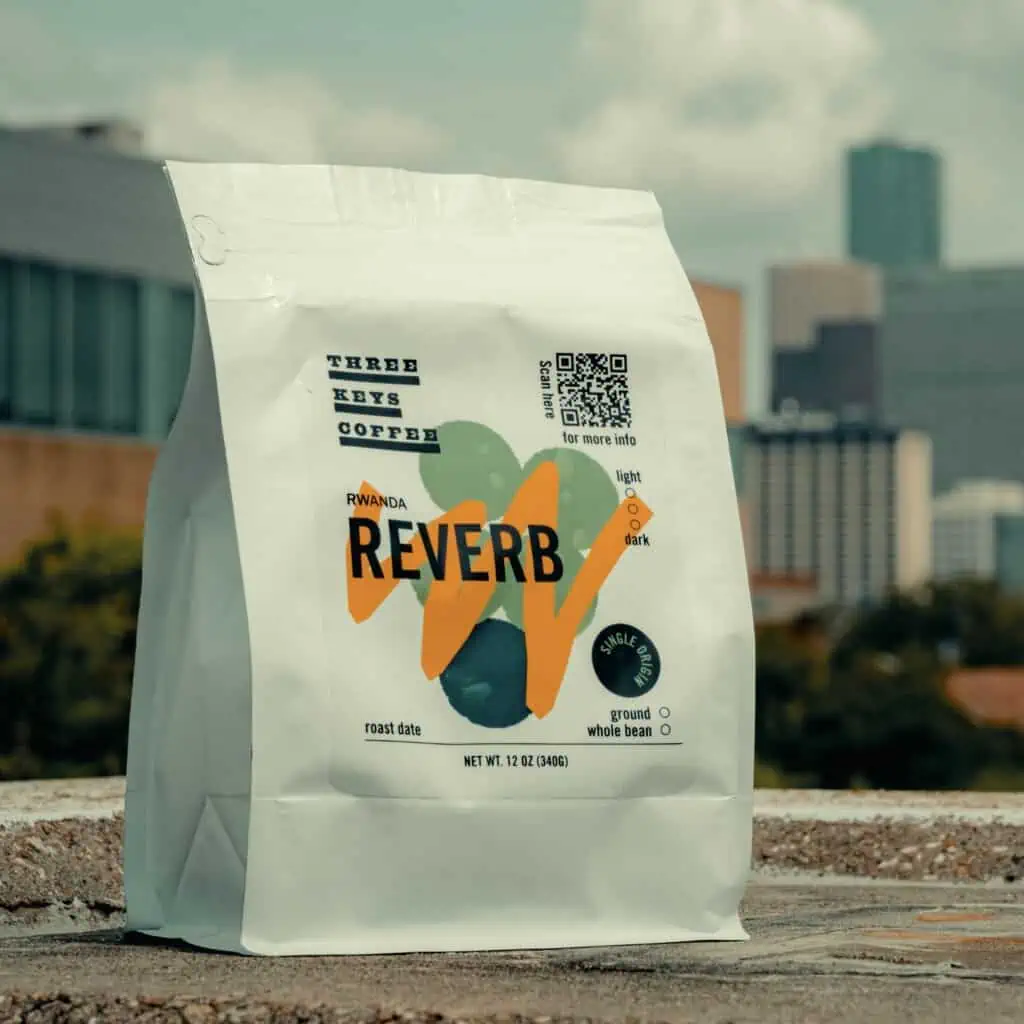
Three Keys Coffee Reverb is a fair trade-certified coffee from Rwanda. Courtesy of Three Keys.
From Latin America, the 91-point Guatemala Tojquia, roasted by Wonderstate Coffee in Viroqua, Wisconsin, is a single-producer lot that exhibits flavors of star anise and caramel. The farmer who produced the coffee is a member of a fair trade-certified co-op, and this lot was purchased under fair trade terms. The roastery, however, is not fair trade-certified, so you will not find a fair trade symbol on the bag. Wonderstate co-founder Caleb Nicholes says, “We have developed our own minimum price for all of our coffees … and have committed to increasing our minimum by 5 cents each year to cover rising costs of production.”
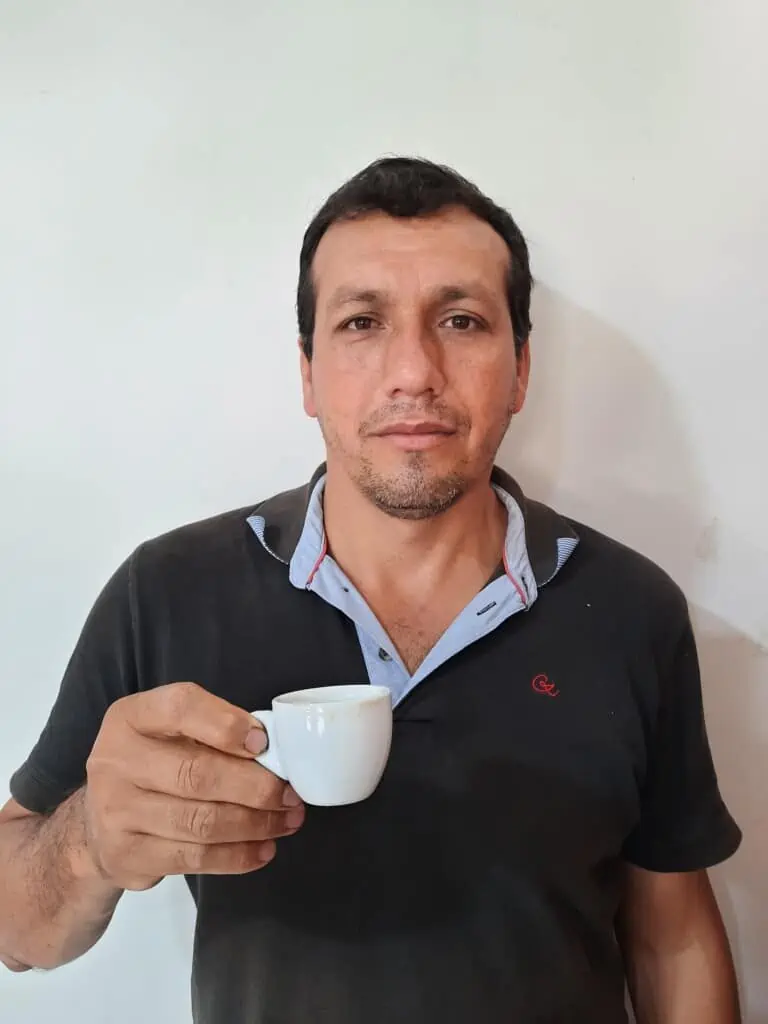
Homer Alarcon is the producer of Amavida’s Peru Gesha Natural. Courtesy of Amavida.
Like Wonderstate, Santa Rosa Beach, Florida-based Amavida Coffee does not maintain fair trade certification, but its berry jam and sugar-sweet 91-point Peru Gesha Natural was also produced by a single farmer who is a member of a large fair trade-certified cooperative. Not only are these coffees delicious, but they are examples of fair trade-certified coffees from a diverse range of producing countries.
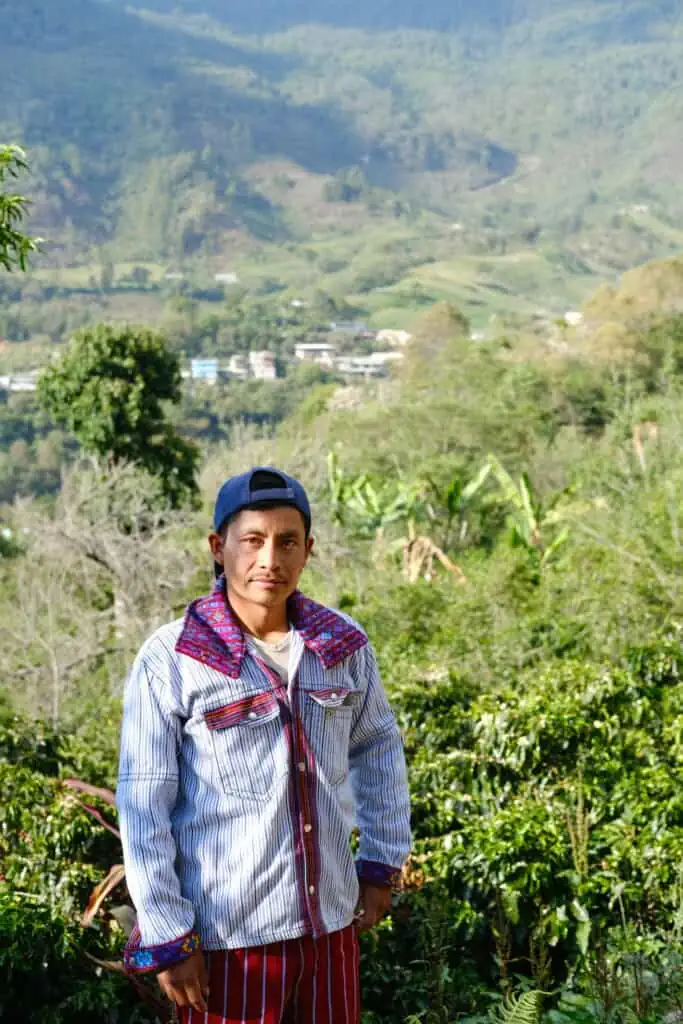
Porfirio Velasquez is the producer of Wonderstate Coffee’s Guatemala Tojquia, from the Huehuetenango region. Courtesy of Wonderstate.
Speaking of diversity, we evaluated a small number of fair trade coffees from the Indonesian island of Sumatra, another home for large fair trade-certified cooperatives. One of those lots rose above the rest, the deep-toned, accessible and subtly savory Sumatra Highlands coffee from Milwaukee, Wisconsin’s Colectivo Coffee (reviewed at 87 points). This coffee was grown in the Gayo Highlands on the northern tip of Sumatra in the Aceh Province by the coffee farmers’ co-op Kopepi Ketiara, and Colectivo’s website displays the Fair Trade USA seal.
A more unusual entry was the 92-point Kenya Endebess from Seattle, Washington-based Fulcrum Coffee Roasters. Famous for its washed-process coffees, Kenya produces very few coffees dried in the whole fruit. This coffee was produced by members of the Othaya Farmers Cooperative Society Limited. Again, with this coffee, the co-op holds fair trade certification but the roaster does not. These coffees round out the geographic circle of fair trade origins and further demonstrate the tremendous range of flavors that can be found within the fair trade subcategory of specialty coffee.
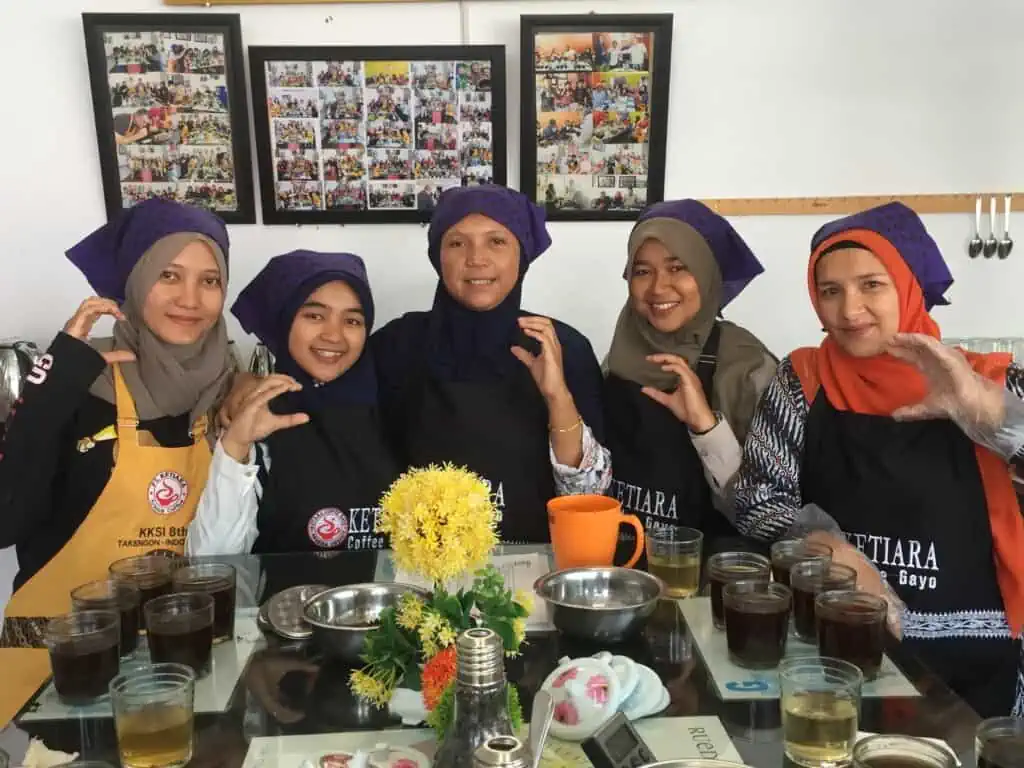
Women farmers of the Koperasi Ketiara Cooperative in the Gayo Highlands of Sumatra, Indonesia.
Fair Trade and National Chain Markets
Once a niche product found only in select natural food stores, fair trade coffee is now widely available to shoppers online and in traditional grocery stores and supermarkets, particularly in North America and Europe. We would be remiss to ignore the assortment of fair trade coffees that can be found at some of these large national grocery chains. Those who seek fair trade-certified coffee in grocery and big box stores are typically presented with a small collection of often darker-roasted options. Just as with non-certified coffees, it is more challenging to find lighter-roasted single-origin fair trade options. Although these next three coffees do not dazzle in the way that some of the previous samples do, they are serviceable choices that many coffee drinkers will certainly appreciate.
We start with a pair of house brands that can easily be found at the ubiquitous Whole Foods Market. Allegro Coffee, the Thornton, Colorado-based specialty coffee subsidiary of Whole Foods, roasted the crisply chocolaty 85-point Colombia El Premio de Timana. Another Whole Foods entry comes from the company’s 365 house brand, the simple but softly sweet 82-point Hometown Blend. Curiously, this is one of just a few blends that came across our cupping table, yet it was an example of an easy-drinking, value-forward fair trade-certified coffee among other blends that were so darkly roasted that nothing but charred flavors remained in the cup. Both of these widely available coffees were purchased at the Whole Foods Market in Oakland, California, and are likely available in many other locations. In neighboring Alameda, California, we purchased a couple of fair trade coffees from Trader Joe’s, including the house brand’s Organic Fair Trade Shade Grown Ethiopian, which we rated 83. Although lacking specific origin details, this staunchly dark-roasted coffee yields soft hints of dried fruit, along with more pronounced flavors of lightly smoky walnut and carob.
All three of these coffees displayed the Fair Trade USA logo as proof of certification. Still, in addition to certification, the retail price is often one of the only guideposts consumers have for determining that a fair price was paid by the roaster. When a 12-ounce package of coffee is sold for a paltry $9.99 (in this case, the aforementioned Trader Joe’s Ethiopia), even with a fair trade seal, the price calls into question the possible compensation received by the people who grew the coffee.
Recent Fair Trade News
On Aug. 1, 2023, Fairtrade International implemented a change to its pricing guidelines for coffee. For the first time in a dozen years, the floor price and organic premium for fair trade-certified coffees were increased. With the cost of living gradually escalating year over year, and the more recent global inflationary spike we all have been witnessing, there are some who argue that this increase is very late in coming. It is, however, a sudden and significant increase in the cost of goods that surprised many fair trade roasters and importers.
For washed Arabica coffee, the baseline price will increase by 29 percent, with an additional 33 percent increase for the organic premium. There is also a more modest but still significant 19 percent increase for lower-valued Robusta coffees. What does this boil down to in dollars and cents? For fair trade and organic-certified washed Arabica coffee, the floor price has gone up from $1.70 USD per pound of green coffee to $2.20, with an additional 20 cents per pound social premium provided to the cooperative to be spent in whatever way the organization decides. This new $2.40 base price for fair trade- and organic-certified Arabica coffee is for free on board (FOB) terms, which excludes costs associated with insurance, storage, transportation, importer margin, interest and certification fees.
For context, over the past five years, the price for commercial (non-specialty) Arabica coffee traded on the volatile New York Board of Trade commodities market has fluctuated dramatically between $0.87 and $2.55 per pound. No matter how low the commodity market drops, fair trade-certified growers are guaranteed a minimum price that is intended to cover the cost of production. During periods of high commodities pricing, fair trade prices typically increase due to supply and demand dynamics from within and outside of the fair trade system.
Disagreement Among Fair Trade-Certifying Bodies
To complicate matters, the changes Fairtrade International has put into place were not accepted by Fair Trade USA, the primary certifying agency in the United States. After conferring with stakeholders, Fair Trade USA decided not to implement the price increase at least through the end of 2023. Originally, Fair Trade USA had voluntarily chosen to accept Fairtrade International’s price structure, but now the organizations are diverging. Fair Trade USA’s founder, Paul Rice, says, “A significant increase in Fair Trade price and premium at this time would severely reduce demand and ultimately hurt the very farmers and families that we aim to serve.” The two organizations continue to share a common goal of empowering farmers and enabling them to develop sustainable livelihoods for themselves and their communities.
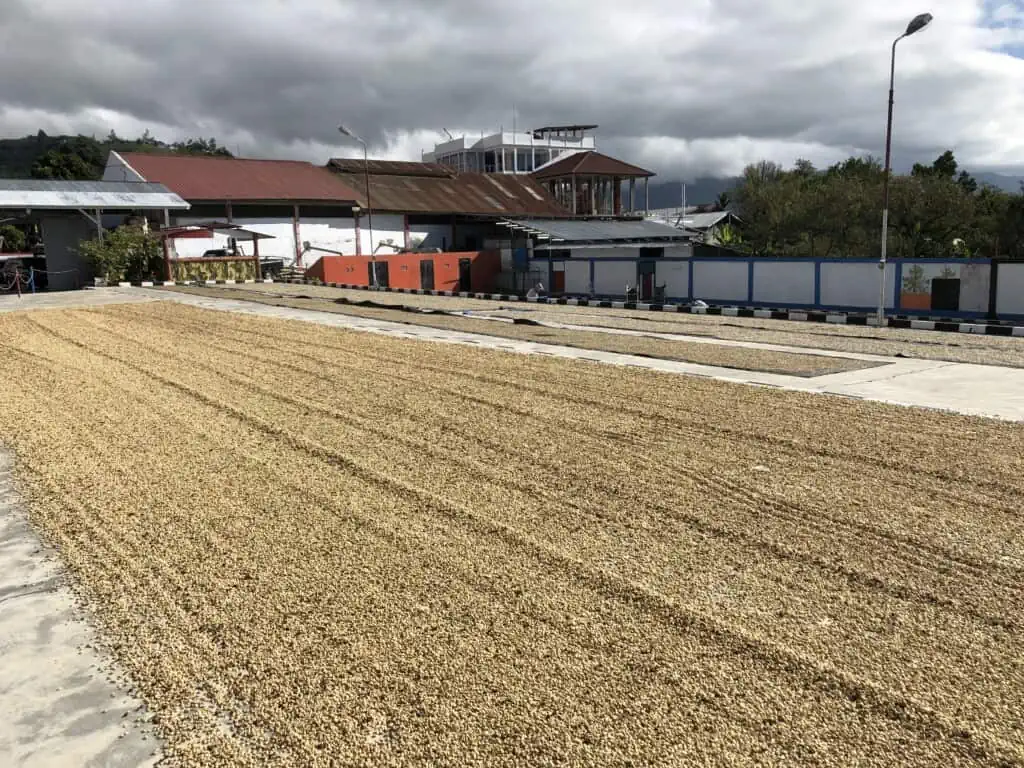
Coffee drying in the sun on concrete patios at the Dukundekawa Cooperative in Ruli, Rwanda, in the Gakenke District.
Although deciphering fair trade programs is becoming more nuanced, buying certified coffee is still a way to support a movement that helps farmers achieve sustainability in business. One of the fair trade movement’s greatest challenges has been to increase demand for certified coffees. Currently, many of the 900,000 FLOCERT-certified coffee farmers located in 31 different countries sell only a portion of their produce under fair trade terms. The remainder is sold into the market at prevailing prices, which sometimes fall below the cost of production. Choosing to buy coffee from a roaster that pays more to the grower, whether through the fair trade system or not, is one way to ensure coffee farmers are getting a fair shake.
If the price of coffee in your grocery store or online is extremely low, you can be sure the farmer did not receive a living wage for their labor and expertise. As we can see from the majority of coffees reviewed this month, high-quality coffee demands higher prices, whether the roaster is certified under the fair trade system or not. Not all coffees, however, even certified coffees, have corresponding prices that indicate fair compensation for the producer. Consumers who care that the people who produce coffee are getting a fair price need to do their homework. If the price of a fair trade coffee seems low, don’t be afraid to ask the roaster for more details.



